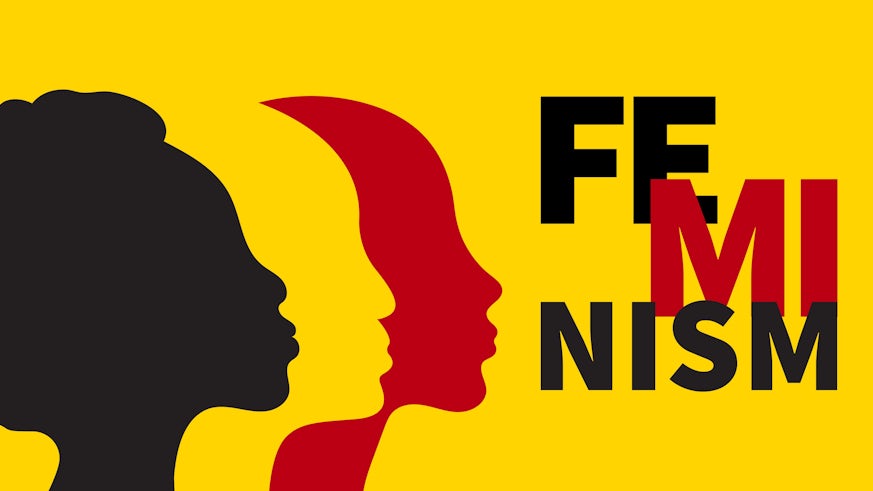International journal dedicates edition to feminist scholarship of Cardiff Professor
20 January 2020

An international journal has dedicated a recent edition to the work of a School of Law and Politics academic.
The November 2019 edition of International Affairs celebrates and engages with the ground-breaking feminist scholarship of Professor Marysia Zalewski. Professor Zalewski teaches on both undergraduate and postgraduate International Politics programmes in the School of Law and Politics.
The special section, Well, what is the feminist perspective on international affairs? is guest edited by Helen M. Kinsella and Laura J. Shepherd and discusses fundamental questions about global politics.
The articles in the journal build on and continue Zalewski’s work in attempting to discern how gender operates in certain spaces, how the discipline of International Relations has written certain narratives and constructed exclusions, and how we might rethink global politics to resist repeating the same mistakes. In this manner, this special section questions hegemonic structures and knowledges—as well as those considered creators of such knowledge.
In their introduction, Helen M. Kinsella and Laura J. Shepherd set the scene. They stress the importance of exploring the nature of theorizing and remind the reader that any feminist scholarship by its very nature is always theory in practice.
Penny Griffin explores the gendered everyday practices of global finance. She scrutinizes why they are considered ‘neutral’ and how this affects the treatment of women in the financial sector, particularly after the global financial crisis.
Maria Stern, in light of the 2018 Nobel Peace Prize, critiques the dominant frame of ‘rape as a weapon of war’ through which sexual violence is often understood and explores how to more comprehensively engage with conflict-related sexual violence.
In her article, Elizabeth Pearson views ‘toxic masculinity’ through the lens of the English Defence League and brings to the fore questions of masculinity, its relation to men and how terms such as ‘toxic’ and ‘extreme’ leave patriarchy unchallenged.
Paula Drumond examines the prevailing assumptions about sexual violence against men in warfare. She questions why certain forms of violence are sexualized and how male victimhood can be properly included in attempts to understand sexual violence.
Sam Cook repositions the idea of failure in reference to the UN Security Council’s policy on Women, Peace and Security, exploring the spaces failure can create in the context of a feminist agenda.
Cristina Masters and Marysia Zalewski reflect on the provocations put forward in the special section and their relation to wider feminist theorizing in International Relations.
Articles from the November edition of the journal are available to read on the International Affairs website.
